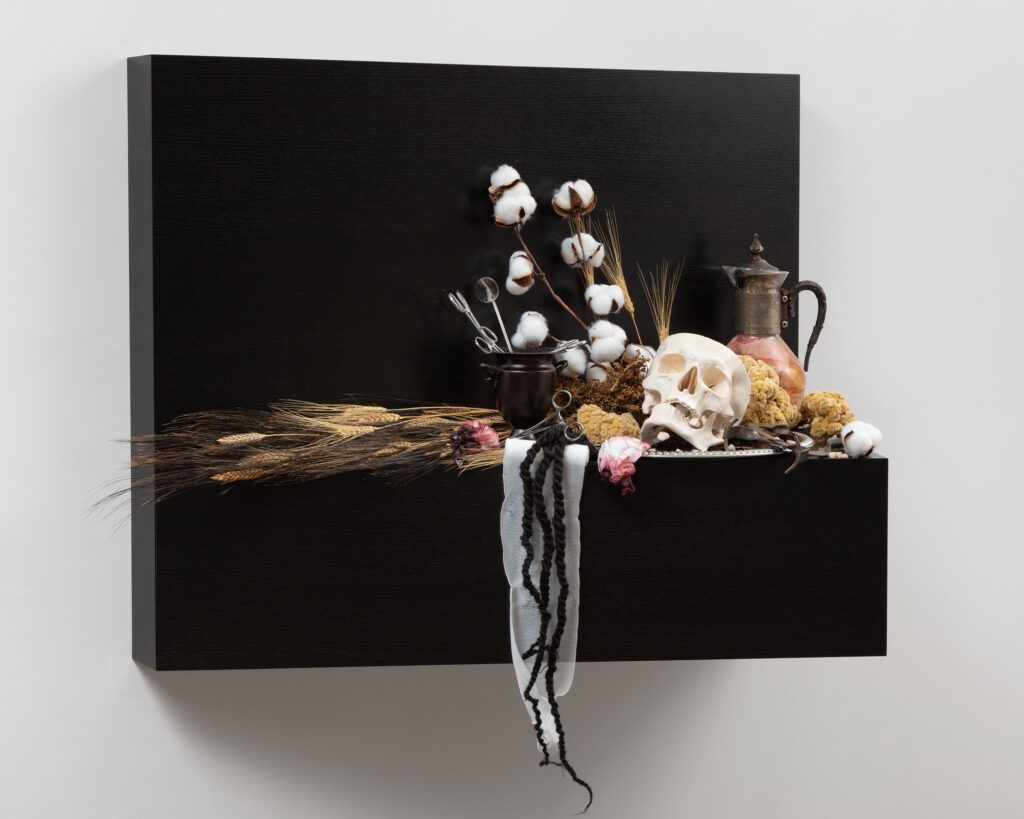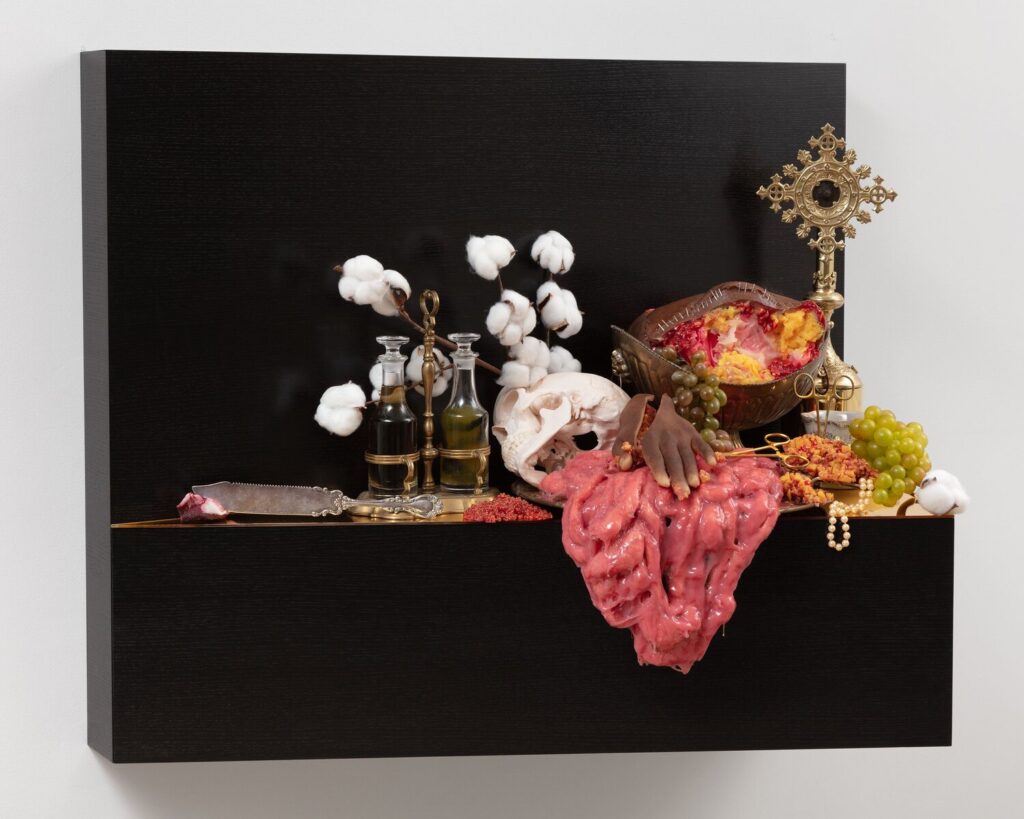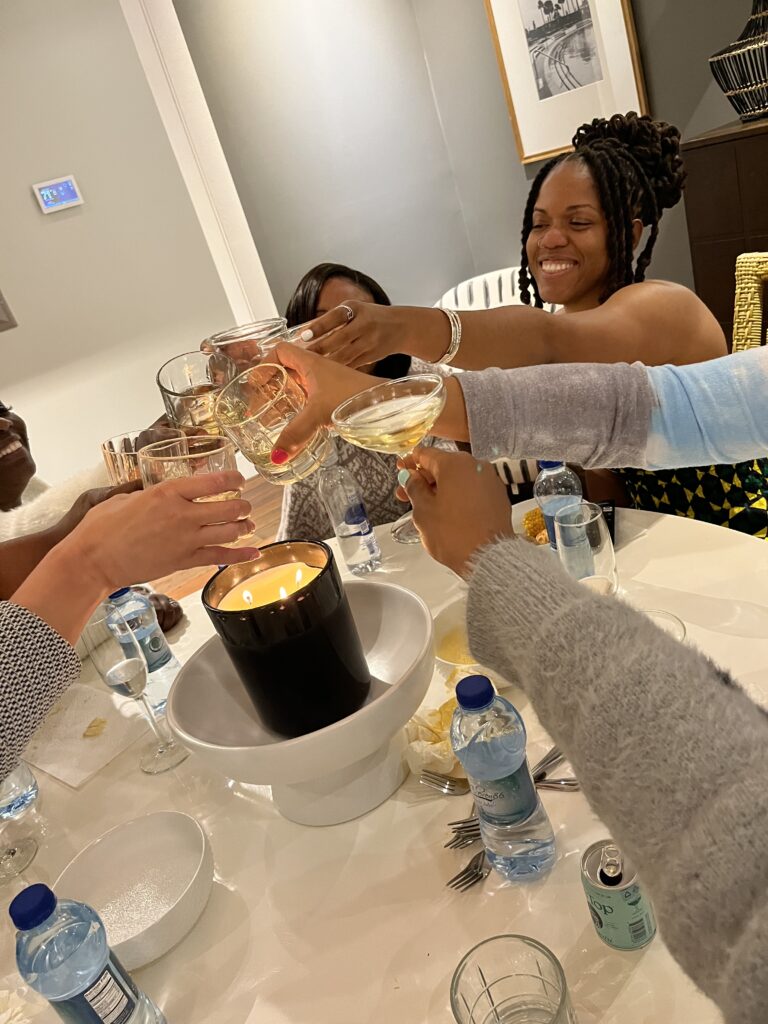How We Can Help We Get the Medical Treatment We Deserve

After the first day of physical therapy, my 12-year-old daughter said, “He deserve a raise. He made me feel cared about.”
As simple as that statement was, it stuck with me. Fast forward to a couple months ago and we “fired” her pediatrician because he didn’t make her feel cared about, and I agreed with her. He half-listened to our concerns and quickly prescribed three medications after only asking one question. Three times I asked: “What will the various medications do in her body to help resolve the problem? Like, what does the medicine do once it’s in the body?” I never got an answer. In fact, he only made eye contact after the third time I repeated my question. Otherwise, he was typing away on his laptop.
I felt like Tye in the 2021 comedy series Harlem. She’d collapsed on the train one day after having complained about heavy periods. After being brushed off by the doctor in the hospital, she told her friend Quinn, “See this is why my family doesn’t fuck with doctors. They don’t treat us anyway. The most they do is experiment like Tuskegee.” Then she and Quinn did a back and forth of naming other medical experiments on Black bodies: “The Relf Sisters. The Mississippi Appendectomy. Henrietta Lacks…”
Most of us have heard of Henrietta Lacks.
Lacks was being treated at Johns Hopkins University for cervical cancer when her cancer cells were harvested from her body, without consent, by her doctor. He gave those samples to a researcher who discovered that her cells kept multiplying without dying. Until this point, cells didn’t survive in labs long enough for research to be conducted to find treatments and cures to diseases. HeLa cells changed all of that. Those cells were used to find methods to cure polio and find treatments in cancer and AIDS research. Lacks, nor her family, even knew. She suffered unbearable pain and ultimately died, never knowing that she affected history and science in such a tremendous (and unpaid) way.
What about the Relf Sisters and The Mississippi Appendectomy?
The Relf Sisters, Minnie Lee and Mary Alice Relf, got their tubes tied without their knowledge or permission in 1973. So they couldn’t have children, and the sterilization was done by a federally funded family planning clinic in Montgomery, Alabama.
It happened in Mississippi too, which also lets us know that it happened in various other cities and countries as well. Even happened to Mississippi native and Civil Rights OG, Fannie Lou Hamer. Referred to as the “The Mississippi Appendectomy,” doctors removed the wombs of poor black women who were considered unfit to become mothers.
Let’s go further back to Lucy, Anarcha, and Betsey…
Marion Sims, referred to as the “father of modern gynecology,” was a plantation doctor who had been called to assist three Black women—Lucy Zimmerman, Anarcha Westcott and Betsey Harris—who all developed vesicovaginal fistula after giving childbirth. He refused to help them every time, because he considered the condition incurable. Then a white woman fell from her horse, damaged her pelvis, and Sims was called to treat her. After successfully treating her, he circled back to the three Black women in order to perfect his surgical technique. Countless surgeries were performed on them and other unnamed enslaved Black women that he purchased, under no type of anesthesia (and there were forms to be used). In his autobiography, he even mentions that the agony was extreme, but that did not stop him.

Doreen Garner. “As the gauze in my mouth filled with blood and my limp body hit the concrete, I remembered Joice Heth,” 2020. Mixed media. 30 x 40 x 18 in. 76 x 101.5 x 45.5 cm. JJ NYC.
Around the same time of my daughter praising her physical therapist for doing his job, K. Nicole Parker found a nursing textbook that was published in 2017 called Nursing: A Concept-Based Approach to Learning. One of the articles in the textbook is titled “Focus on Diversity and Culture: Cultural Differences in Responses to Pain.” It states that:
Blacks often report higher pain intensity than other cultures. They believe suffering and pain are inevitable. They believe in prayer and laying on of hands to heal pain and believe that relief is proportional to faith (Pearson, 161).
“Beasts of Burden”
K. Nicole commented that: One of the many justifications of slavery was that our people were animals and, because of this, we were to be treated as beasts of burden. Black bodies were seen to be able to endure the harsh conditions for cultivating cash crops of cotton, rice, and indigo as well as drain swamps and prepare the land for planting.
By stripping Blacks of their humanity and making them for all intents and purposes “beasts of burden,” white supremacy made the Black body a nearly indestructible machine. Even when the machine showed signs of wear and tear, it was still forced to perform at 100%. If not, there was always another to replace it. If this belief worked in the fields, how could it not work for medical experimentation? Black bodies were treated the same here and many medical breakthroughs have come by heinous traumas to the Black body. What’s worse, it’s justified for the sake of medical knowledge and breakthroughs.

Doreen Garner. “One could say that few living things have experienced vivisection the way black subjects have without also being cooked and eaten” scribed a Sultan. 2020. Mixed media. 30 x 40 x 18 in. 76 x 101.5 x 45.5 cm. Credit: JJ NYC
_________________
“I often dreamt of a woman, bleeding from her womb, sadness in her eyes. Each dream, same body, a different face, until the dream when the face was my own. I shot up out of bed, in pain, my menses descended and an awareness that my pain wasn’t my own, it was mine and generations worth. We deserve to be seen, we deserve our pain acknowledged, we deserve for our stories to come from our mouths and not those of our oppressors that seek to diminish us, we deserve healing and freedom.” —K. Nicole Parker
_________________
How We can help We get the medical treatment We deserve
Society has accepted this myth as fact when it is so far from the truth. The pain and violence on Black bodies wrenches us in ways that folks don’t see. Not only is it an individual’s pain, it is a collective pain from shared experience. That transmutes into DNA, affecting following generations. The pains of our ancestors show up in our beings. We are the ones brought here to change the narrative. It is our job to bring these stories to the light to be healed. As we heal ourselves, we heal our lineage. That said…
If the person providing healthcare services to you don’t make you feel cared about, and you have options, fire ’em!
Here are some suggestions from Dr. Gray, a fourth year medical student, studying to be an ObGyn. In the 60-second clip on TikTok, @dor_the_grayt said: “Here’s how you can advocate for yourself if your doctor doesn’t take your concern seriously”:
- Ask “What is your differential diagnosis for this pain?” That makes them list all the possible diagnoses versus just handing you one.
- Ask “How have you ruled those other ones out?” This makes them have to explain things to you. “Even better, ask them what’s the evidence for and against that differential.”
“The key to advocating for yourself,” according to Dr. Gray, “is asking questions. Lots of questions. And if they get mad at you, so be it. This is your life.”
When your healthcare providers do make you feel cared about, thank ’em for that. When my daughter and I leave the dentist and the orthopedic and our mental therapist feeling all loved, we say that. “Thank you for making us feel cared about.”

Much love to our new and recurring monthly patrons:
Jessi, June Johnson, Yolanda Acree, Cala, D. Amari Jackson, Yvonne Carter, Black Art in America, Nakia Morgan, Yeseree’ Robinson, Akeem Scott, Rosa Bennett, Dee George, The Culturist Union, Keya Meggett, Add your name here
Your monthly contributions allow us to pay black writers and artists, and get more creative and consistent in the content we deliver. We put a lot of time, love, and money into researching, writing, and sharing. Click here to learn more.


